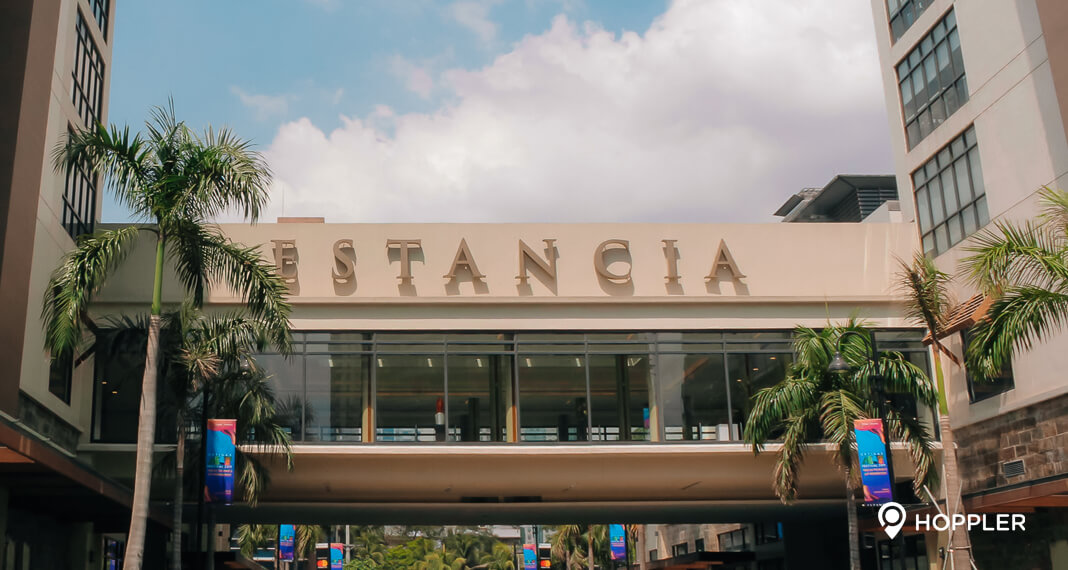Philippine Non-Government Real Estate Organizations
The Philippines’ real estate industry is rich in associations that are committed to the initiation and promotion of programs that contribute to its development. These organizations provide solutions to the problems that concern the professionals and partakers of the industry.
If you are a real estate professional, planning to be one or you just need assistance regarding the property that you want to buy, there are organizations that can help you with your industry concerns.
Here are some of the NGOs that could be of help to you:
-
National Real Estate Association, Inc. (NREA)
NREA was born when the first set of trustees signed the articles of incorporation of NREA on September 11, 1991. The Securities and Exchange Commission subsequently approved the Articles of Incorporation and By-Laws of the Association on September 30, 1991.

The Association is an NGO that helps promote real estate reforms, initiatives, advocacies, and legislations. It serves as a vehicle for the promotion and protection of its members through the pooling of resources and cooperative undertakings. Professional development courses, seminars, business opportunities, and the encouragement of camaraderie through various activities are provided by NREA.
Contact details
Address: Suite 16, Maya Building, 678 EDSA, Cubao
Contact number: 913-4463
Website: http://nreaphilippines.com/
-
Chamber of Real Estate and Builders’ Associations (CREBA)
CREBA is a private non-stock non-profit corporation established under Philippine law. It was founded in October 1973 by Mr. Manuel M. Serrano.

The Association continues to work for the adoption of methods that will effectively address the housing problems in the country. They come up with proposals to urge the government to push for affordable housing projects. They help promote programs and resolve problems that concern measures such as:
Equitable Land Access
Ever since the government institutionalized the Comprehensive Agrarian Reform Program (CARP) under RA 6657 in 1998, it has been CREBA’s major effort to convince the government to rationalize it due to its improper interpretation and implementation that resulted in the locking up of practically all of the country’s lands under the program.
Permanent and Sustainable Homebuyer Financing Assistance Program
CREBA has been continually pushing for the enactment of a law that will institute its proposed Centralized Homebuyer Financing Program (CHFP). It is designed to capture and channel private funds into a continuing massive housing production, and provide soft housing loans without the need of government subsidy.
Elimination of Inequitable Taxes
The real estate and housing industry suffers most in terms of the heaviest tax burdens among all business. The NGO continues to make an effort in challenging the Creditable Withholding Tax (CWT) on sales of real property, the 2% Minimum Corporate Income Tax (MICT), the increase in the Documentary Stamps Tax (DST) on loan instruments, and the 10% VAT in foreign currency denominated sales of real property.
Department of Housing
CREBA has been continually working for the creation of a Department of Housing and Urban Development. The Association believes that a full-fledged department dedicated to housing should be established rather than just having a mere coordinating council.
Wage Hike & Lower Prices via an Interest Rate Ceiling
The NGO proposes for the restoration of the Anti-Usury Law. Since the Anti-Usury Law was removed, interest rates were allowed to float freely. Presently, most rates are deemed excessive by any standards. The NGO proposes for the restoration of the law with one modification: from a 12% taxable ceiling to a 9% tax-free ceiling.
Regulation of Foreign Exchange Rate and Foreign Portfolio Investments
The Association aims to stabilize the peso and prevent severe economic dislocations, by avoiding over-dependence on short-term foreign investments and insulating the economy from exploitation by foreign speculators, without hampering foreign direct investments.
Contact Details
Address: 3/F CREBA Center Don Alejandro Roces Avenue cor. South A Street, Quezon City, Philippines
Contact number: 373-2270 to 75
Website: http://creba.ph/
-
Real Estate Brokers Association of the Philippines, Inc. (REBAP)
REBAP was formally registered with the Securities and Exchange Commission on January 4, 1979, as a non-stock, non-profit, non-sectarian and non-political corporation. It was founded by a group of licensed real estate brokers who aimed to pursue their common objectives of truly professionalizing the real estate industry and raising the level of ethical standards of licensed real estate practitioners.
As early as its beginnings, REBAP has made its presence felt in business, government, and other sectors of society by constantly articulating its stands on issues affecting the real estate industry and more so, the public which it serves. Through the years, the association steadily grew in membership and gained recognition as a vigilant, innovative and resolute group.
Contact Details
Address: 2/F CREBA Center, Alejandro Roces Avenue cor South A St., Quezon City, Philippines
Contact number: 373-2281
Website: http://rebap.com.ph/
-
Philippine Association of Real Estate Boards, Inc. (PAREB)
PAREB traces its beginnings to November 7, 1938 when the Manila Realty Board (later called Manila Board of REALTORS® or MBR) was organized by Colin McCrae Hoskins. It was the first realty board in the Philippines. However, it was only until May 15, 1960, that the Articles of Incorporation that carries the name of the Association was notarized. It was approved by the Securities and Exchange Commission on June 2, 1960.
Currently, the NGO continues to be at the forefront of professionalizing the real estate service profession, as well as promoting and expanding trade linkages to ensure dynamism in the real estate industry to assist in the government’s efforts towards genuine and sustainable development.
Contact Details
Address: The PAREB Center P.E. Antonio Street near corner E. Rodriguez, Jr. Avenue (C-5), Pasig City,
Contact number:477-7890
Website: http://pareb.org.ph/online/
These organizations are experts in the industry. Real estate professionals and partakers alike come up to them for assistance. To further know the kinds of support they offer and how they could help you if you are planning to purchase a house, you can directly contact these associations.
Do you have any concerns regarding the industry? What kind of assistance are you looking for? Share it in the comments section.
Sources: nreaphilippines.com
creba.ph
rebap.com.ph
pareb.org.ph



